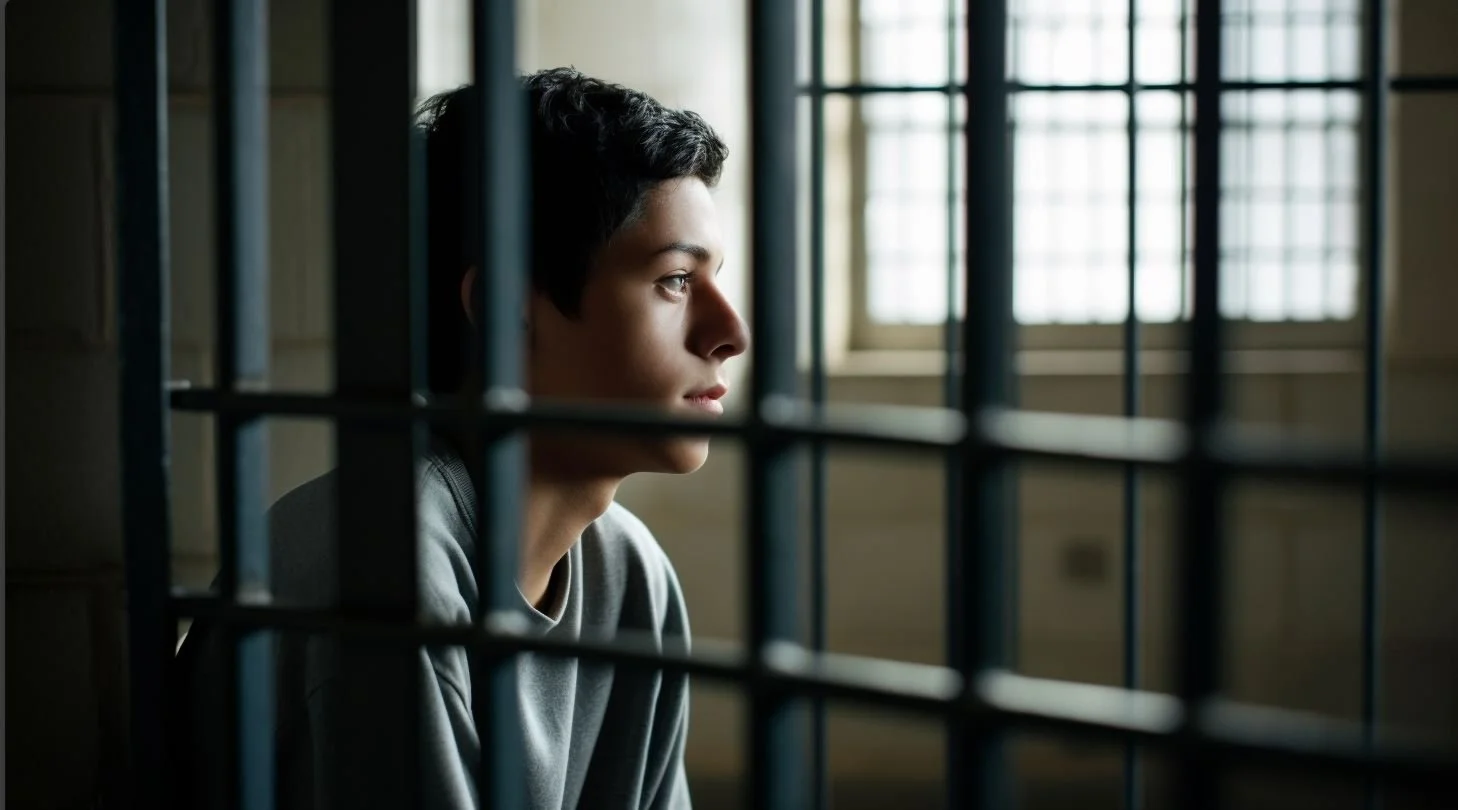What Is A DTO Police?
When discussing policing and youth justice, it's not uncommon to encounter the term "DTO." However, for many, understanding what a DTO is and why it's essential can be a tad confusing. Let's demystify the DTO, from its purpose to its implementation.
Short Answer:
Q: What is a DTO in police terms?
A: A DTO, or Detention and Training Order, is a special custodial sentence for young people aged 12-17 who commit serious or repeated offenses.
The sentence lasts between four months to two years.
Half is served in a Detention and Training Centre, either a Secure Training Centre (12-14-year-olds) or a Young Offenders Institution (15-17-year-olds).
The other half is under community supervision by the Youth Offending Team, focusing on training and rehabilitation.
The goal? Help these youths understand their actions, make amends, and build a crime-free future.
Related Questions
-
Yes, the appeal process must start within 21 days of sentencing.
-
They may be sent back to the Detention and Training Centre to serve the rest of their DTO, plus potentially receive a new sentence for the fresh offense.
-
No, its primary focus is on rehabilitation through training and education with the help of the Youth Offending Team.
What is a DTO?
DTO stands for Detention and Training Order. It's a unique custodial sentence given to young individuals aged 12-17 years. Designed to handle serious offenses or repeated offenses committed by young people, a DTO isn’t just about punishment; its primary goal is rehabilitation.
The Breakdown of a DTO Sentence
Length of the Sentence: A youth can be sentenced to a DTO for a period ranging from four months up to two years.
Where the Sentence is Served: Half of the sentence is served in a Detention and Training Centre (DTC). Depending on the age of the offender, they might be placed in a Secure Training Centre (for ages 12-14) or a Young Offenders Institution (for ages 15-17).
After Detention: The remaining half of the sentence is served under the supervision of the Youth Offending Team in the community. This is where training and education play a crucial role.
The Court’s Perspective
When settling on a sentence, the Court considers any time the young person spent in police custody or on secure remand. The time at the DTC is non-negotiable, meaning no days will be subtracted from the original sentence.
The Role of the Youth Offending Team
Upon receiving a DTO sentence, a Youth Offending Team member might meet the young offender. Their role is to provide clarity on the sentence, address any concerns, and outline what the young person should expect at the DTC.
The Right to Appeal
Every young person sentenced to a DTO has the right to appeal their sentence. It's crucial to initiate this process within 21 days. The outcome of the appeal could lead to a longer, shorter, or different sentence altogether.
Rehabilitation at the DTC
During their time at the DTC, young offenders are not just confined to their cells. They engage with Youth Offending workers, such as Probation Officers or Social Workers. These professionals assist the youth in setting and achieving training targets, like managing anger, building better relationships, understanding the consequences of crime, and addressing substance misuse.
Life Post-DTC
About halfway through the DTO, the young individual is released, often with an electronic curfew or tag. The support doesn't end here, though. The Youth Offending Team continuously aids them in achieving their training goals and ensuring they stay on the right path.
However, it's important to note the consequences of non-compliance. Missing appointments or failing to inform the team of changes in residence can lead to fines or even a return to custody. Moreover, re-offending during this period can result in serving the remainder of the DTO in the DTC and potentially receiving an additional sentence for the new offense.
DTO: Not Just About Detention
In conclusion, while DTO can also refer to drug trafficking organizations, in the context of policing and youth justice, it represents a holistic approach to juvenile justice. It's a blend of both punishment and rehabilitation, aiming to integrate young offenders back into society with the skills and mindset to lead a crime-free life.











Inside the Investigation: A Deeper Dive into Police Detective Benefits